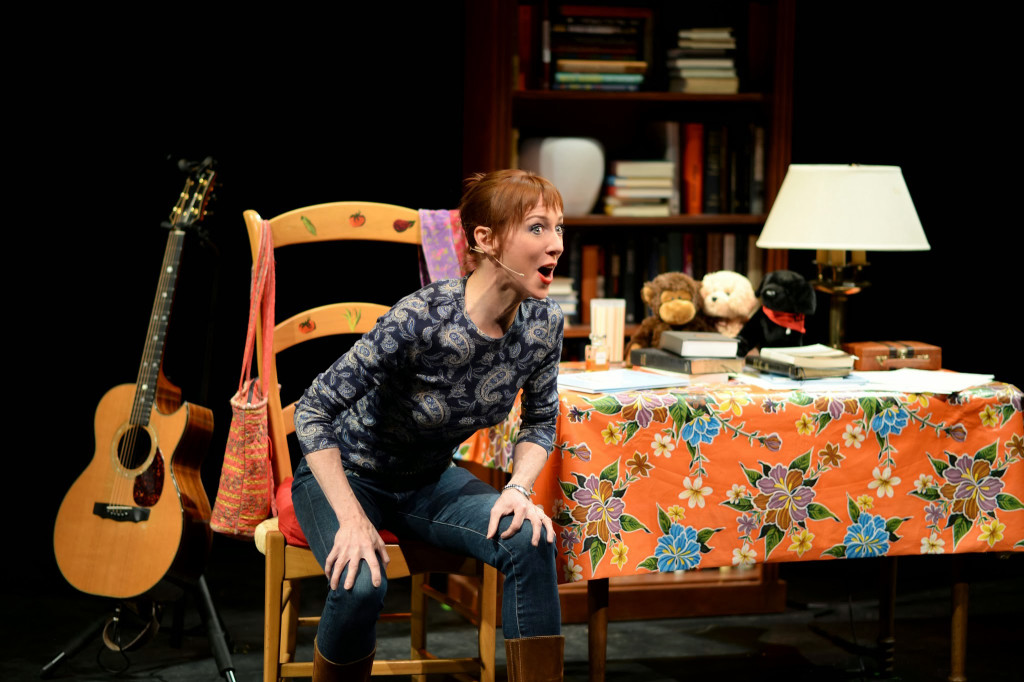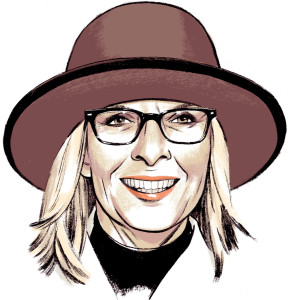Announcing Winners of 2017 Competition
July 30th, 2018The Living with Alzheimer’s Film Project today announced the winners of its 2017 Short Film Competition:
GRAND PRIZE ($5,000):”Secret,” directed by Cesa Pledger
RUNNER UP ($1,000): “Villa Mnemosine,” directed by Ruben Salazar
YOUNG FILMMAKER PRIZE ($1,000) and SECOND-RUNNER UP ($1,000): : “One Last Dance,” directed by Will Rowson
The 2017 Jury consisted of:
- Kurt Andersen, Author and Host of Studio 360
- Stefanie Nelson, Founder of Stefanie Nelson Dancegroup
- Richard Gehr, Author and Art Critic
- Madeleine Adelson, Staff Director of Living With Alzheimer’s Film Project
The project was created by David Shenk, award-winning author of the best-selling book The Forgetting, in conjunction with Cure Alzheimer’s Fund. It was generously funded by MetLife Foundation. Filmmakers of all ages and from across the globe were invited to help others better understand the heartache, exhaustion, unexpected joys, and surreal loss of families dealing with dementia.
“Families toil for years with this disease behind closed doors,” said Shenk. “We wanted to open up their experience to the world.” Through the power of cinema, storytelling and community, Living with Alzheimer’s aims to re-ignite a national dialogue about this ongoing humanitarian crisis.
This was the third year of the short film competition. Each film is judged on story merit, technical achievement, and the extent to which it reveals the challenges of dementia. Eligible films must be under 30 minutes in length to qualify. Visit our About page for more information on eligibility and submissions.
“We’re delighted to work with David Shenk on this important project,” said Tim Armour, President and CEO of Cure Alzheimer’s Fund. “The research community cannot function properly without adequate public support. Compelling films that focus on Alzheimer’s will help engender much-needed support for stopping the disease as soon as possible.”
As of now, there are no plans for a fourth year of competition. Filmmakers can continue to submit films to the project’s website, livingwithalz.org for display purposes. All content-appropriate films will be included perpetually. “We’re so proud of being able to share this invaluable content, and are hopeful that, year after year, this will become a more robust resource for caregivers, ,” said Shenk. “The world needs this.”
About Cure Alzheimer’s Fund
Cure Alzheimer’s Fund is a non-profit dedicated to funding the most promising research to prevent, slow or reverse Alzheimer’s disease. Since its founding in 2004, Cure Alzheimer’s Fund has contributed over $74 million to research, and its funded initiatives have been responsible for several key breakthroughs – including the groundbreaking “Alzheimer’s in a Dish” study. Cure Alzheimer’s Fund has received a score of 100 percent regarding its overall financial health from Charity Navigator and a four star rating from the organization five consecutive times. With 100 percent of funds raised going directly to research, Cure Alzheimer’s has been able to support some of the best scientific minds in the field of Alzheimer’s research. For more information, please visit http://www.curealz.org/
About creator David Shenk
David Shenk is the national-bestselling author of six books, including The Genius in All of Us (“deeply interesting and important” – New York Times). His landmark book about Alzheimer’s disease, The Forgetting (2001), won First Prize in the British Medical Association’s Popular Medical Book Awards, and was welcomed by John Bayley as “the definitive work on Alzheimer’s.” The Los Angeles Times Book Review called it, “a remarkable addition to the literature of the science of the mind.” In January, 2004, PBS broadcast The Forgetting, a prime-time Emmy-winning documentary inspired by the book. In 2006, the book was featured in Sarah Polley’s Oscar-nominated film Away From Her. In 2010, Shenk directed five short animated “pocket films” about Alzheimer’s, narrated by David Hyde Pierce. Shenk has advised the President’s Council on Bioethics on dementia-related issues and is a Senior Advisor to Cure Alzheimer’s Fund. He has also contributed to National Geographic, Slate, The New York Times, The Wall Street Journal, Gourmet, Harper’s, Spy, The New Yorker and NPR. More at davidshenk.com.
About Alzheimer’s Disease
Alzheimer’s is a progressive brain disease that develops at least one decade before symptoms first appear, and eventually leads to problems with memory, reasoning, behavior, and motor skills. Symptoms of Alzheimer’s slowly worsen over time, and the disease is ultimately fatal. Alzheimer’s is the sixth leading cause of death in the U.S., currently afflicting more than five million Americans and costing more than $200 billion annually. Unless there is a cure, those numbers are guaranteed to skyrocket as the population ages. There is currently no available treatment to stop or even slow down the disease.
Announcing Winners of 2015 Competition
February 24th, 2016We are excited to announce the winners of 2015’s Living With Alzheimer’s Film Competition. In our very first year, we were overwhelmed with first-rate work and very moving films. The jury-selected 2015 winners are:
GRAND PRIZE: “Anna,” directed by Eric Latek
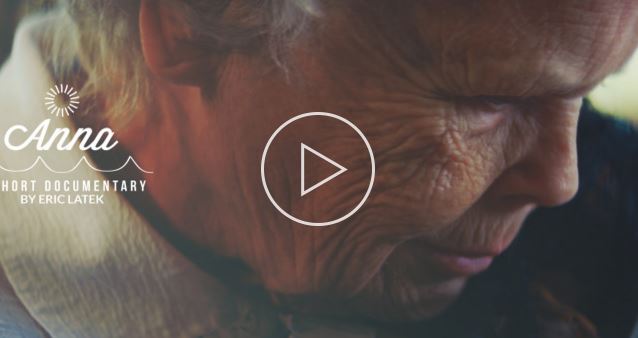
RUNNER UP: “Algo Queda (Something Remains),” directed by Ana Lorenz
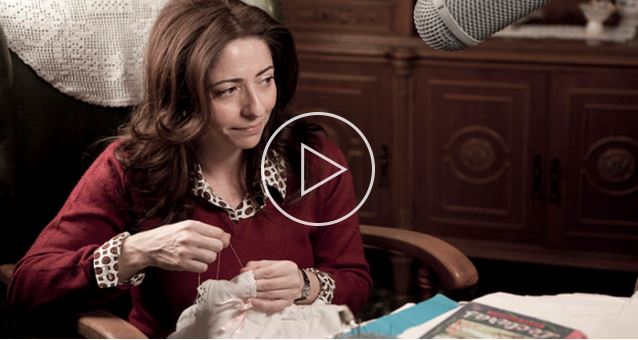
RUNNER UP: “Crest of the Hill,” directed by Amanda Kowalski
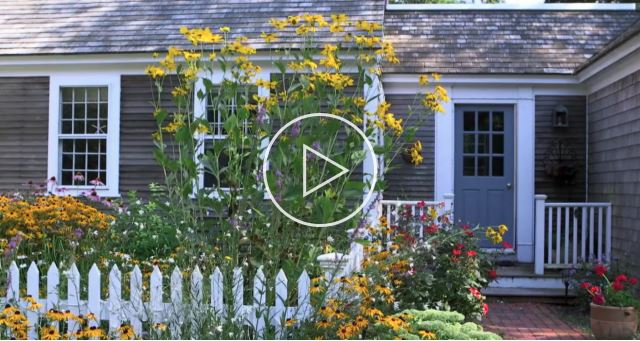
YOUNG FILMMAKER PRIZE: “Don’t You Forget,” directed by Thomas Bryan
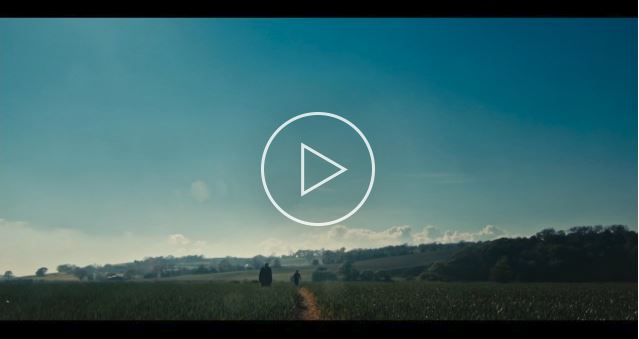
These were tough calls to make. Our jurors were enormously impressed by the quality of this year’s entries, and we plan to continue to feature all submitted films on this site.
This is not just a film competition; it is also a campaign to spread understanding, awareness, and empathy. These films are all profoundly important in that cause.
On behalf of myself, our terrific editorial director Madeleine Adelson, and the filmmakers, I want to thank our distinguished 2015 jurors: Adrian Grenier, Rudy Tanzi, Purcell Carson, and Gabriele Caroti. Your generosity and care are deeply appreciated. We are so lucky to have had such a fantastic panel to match the great films in our first year launch.
I also want to thank our very generous sponsor — MetLife Foundation. This very generous foundation has been supporting Alzheimer’s causes for many years. They’ve made a big difference in Alzheimer’s awareness and research. In addition, I am very thankful for our non-profit administrator, Cure Alzheimer’s Fund. Special thanks to its CEO, Tim Armour. Cure Alzheimer’s Fund is a leading light in cutting edge Alzheimer’s research. It is an honor to work with them.
Filmmakers: We will be thrilled if any of you enter a new film in our 2016 competition — now underway. No previously-submitted film can be re-submitted, but we welcome any not-yet-submitted films at livingwithalz.org/submit-film.
Best,
David Shenk
Executive Producer, Living with Alzheimer’s Film Project
Announcement: Living With Alzheimer’s Film Contest 2016
August 7th, 2015We’d like to extend a huge thank you to our sponsor, the MetLife Foundation, for agreeing to fund a second year of the Living With Alzheimer’s Film Contest! We’re so excited to be able to continue inspiring filmmakers to tell their stories about Alzheimer’s.
If you are working on a film about Alzheimer’s that won’t be ready for this year’s Sep. 1 deadline, you are welcome to submit it after the deadline for consideration in 2016. Next year’s prizes and other specifics will be announced soon.
We’ve gotten so many excellent submissions so far. We hope to see a few more before this year’s contest ends. Enter your film here, or read more about the contest here.
Thanks once again to MetLife for their support, and to all the filmmakers who have entered the contest.
Alzheimer’s Research Update: New Insights Into the Blood-Brain Barrier
July 24th, 2015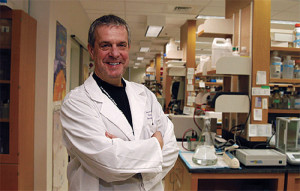 In healthy individuals, the blood-brain barrier (BBB) is a fine mesh filter that transports only select molecules from the body’s main circulatory system into the brain in a highly controlled manner, protecting the more delicate brain from a variety of dangers, and transports certain molecules back out of the brain as well. It has been known for some time that while the BBB experiences some structural changes as a normal consequence of aging, it appears to undergo more degradation in patients with Alzheimer’s disease.
In healthy individuals, the blood-brain barrier (BBB) is a fine mesh filter that transports only select molecules from the body’s main circulatory system into the brain in a highly controlled manner, protecting the more delicate brain from a variety of dangers, and transports certain molecules back out of the brain as well. It has been known for some time that while the BBB experiences some structural changes as a normal consequence of aging, it appears to undergo more degradation in patients with Alzheimer’s disease.
Precisely when and how, though, does the BBB become compromised, and does it happen as a prelude to Alzheimer’s or as a cause of it? These are essential questions. Thanks to three recent studies by Berislav Zlokovic, M.D., Ph.D. (pictured), of the University of Southern California, we are getting closer to answering them.
Read more on these studies from Cure Alzheimer’s Fund, a non-profit supporting the work of Dr. Zlokovic and other top Alzheimer’s researchers.
“Understanding Alzheimer’s” with Rudy Tanzi, Ph.D.
July 13th, 2015Dr. Rudy Tanzi of Harvard Medical School/Massachusetts General Hospital is a leading researcher in the Alzheimer’s field. He has co-discovered the three familial early-onset Alzheimer’s genes. In 2014, his lab developed “Alzheimer’s in a Dish“, a 3D model of a human brain with Alzheimer’s that will be used to better understand the disease and test potential therapies. Tanzi serves as Research Consortium Chair for Cure Alzheimer’s Fund, a nonprofit dedicated to funding research with the highest probability of slowing, stopping or reversing Alzheimer’s disease.
In this video for CuriosityStream, Dr. Tanzi gives a brief overview of Alzheimer’s disease for the layperson. Watch to find out what happens in the brain during Alzheimer’s, and how this causes the symptoms we see in patients.
‘My Mother Has 4 Noses’ at Cleveland Play House
May 11th, 2015We’re always excited to highlight the work of artists who are telling their story of Alzheimer’s, whether it be through film or another medium.
‘My Mother Has 4 Noses’, a musical play by Jonatha Brooke based on her experiences as a caregiver for her mother, will play May 14-16 at the Cleveland Play House in Cleveland, OH. Visit clevelandplayhouse.com for tickets and showtimes.
Jonatha Brooke is a folk rock singer/songwriter and a playwright. When her mother, Darren, was diagnosed with Alzheimer’s disease, Jonatha moved Darren to New York City to live with her. “My mother was in the mid-stages of Alzheimer’s. I had no idea what I was getting into,” she admits, “but there was no question that I would be there for her.”
As her mother’s caregiver, Jonatha learned to appreciate the drama and humor of their daily lives together. Darren would often say, “Boolie,” (Jonatha’s nickname) ‘That’s good! Are you getting this down? We should make a play out of it! We could take it to BROADWAY!'” Jonatha did get it all down – and the result is ‘4 Noses’, a musical and album that is equal parts funny, beautiful and poignant.
Breakthrough Replicates Human Brain Cells for Use in Alzheimer’s Research
October 12th, 2014By GINA KOLATA, The New York Times
For the first time, and to the astonishment of many of their colleagues, researchers created what they call Alzheimer’s in a Dish — a petri dish with human brain cells that develop the telltale structures of Alzheimer’s disease. In doing so, they resolved a longstanding problem of how to study Alzheimer’s and search for drugs to treat it; the best they had until now were mice that developed an imperfect form of the disease.
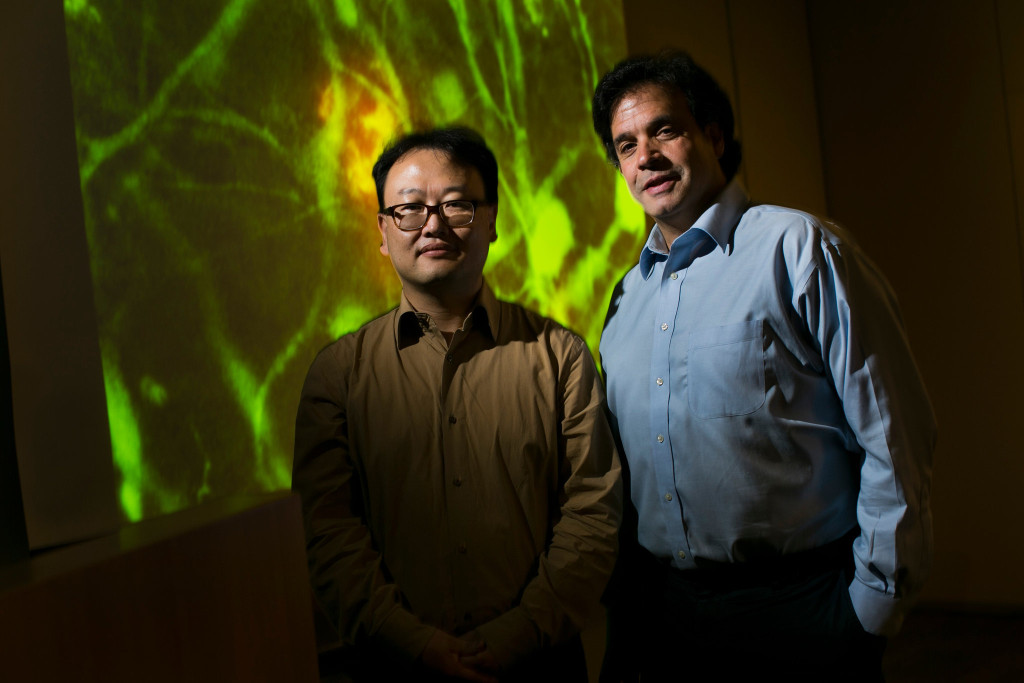
The key to their success, said the lead researcher, Rudolph E. Tanzi of Massachusetts General Hospital in Boston, was a suggestion by his colleague Doo Yeon Kim to grow human brain cells in a gel, where they formed networks as in an actual brain. They gave the neurons genes for Alzheimer’s disease. Within weeks they saw the hard Brillo-like clumps known as plaques and then the twisted spaghetti-like coils known as tangles — the defining features of Alzheimer’s disease.
The work, which also offers strong support for an old idea about how the disease progresses, was published in Nature on Sunday. Leading researchers said it should have a big effect.
A very moving endorsement from Diane Keaton
April 22nd, 2014A very moving endorsement today from Diane Keaton about The Forgetting, the book by our Creator/Executive Producer David Shenk:
Q: What was the last truly great book you read?
A: David Shenk’s “The Forgetting. Alzheimer’s: Portrait of an Epidemic.” My mother lived with Alzheimer’s for at least 15 years. This book is a terrifying, yet deeply moving exploration of an epidemic that stripped my mother of her life paragraph by paragraph, sentence by sentence, and finally word by word.
